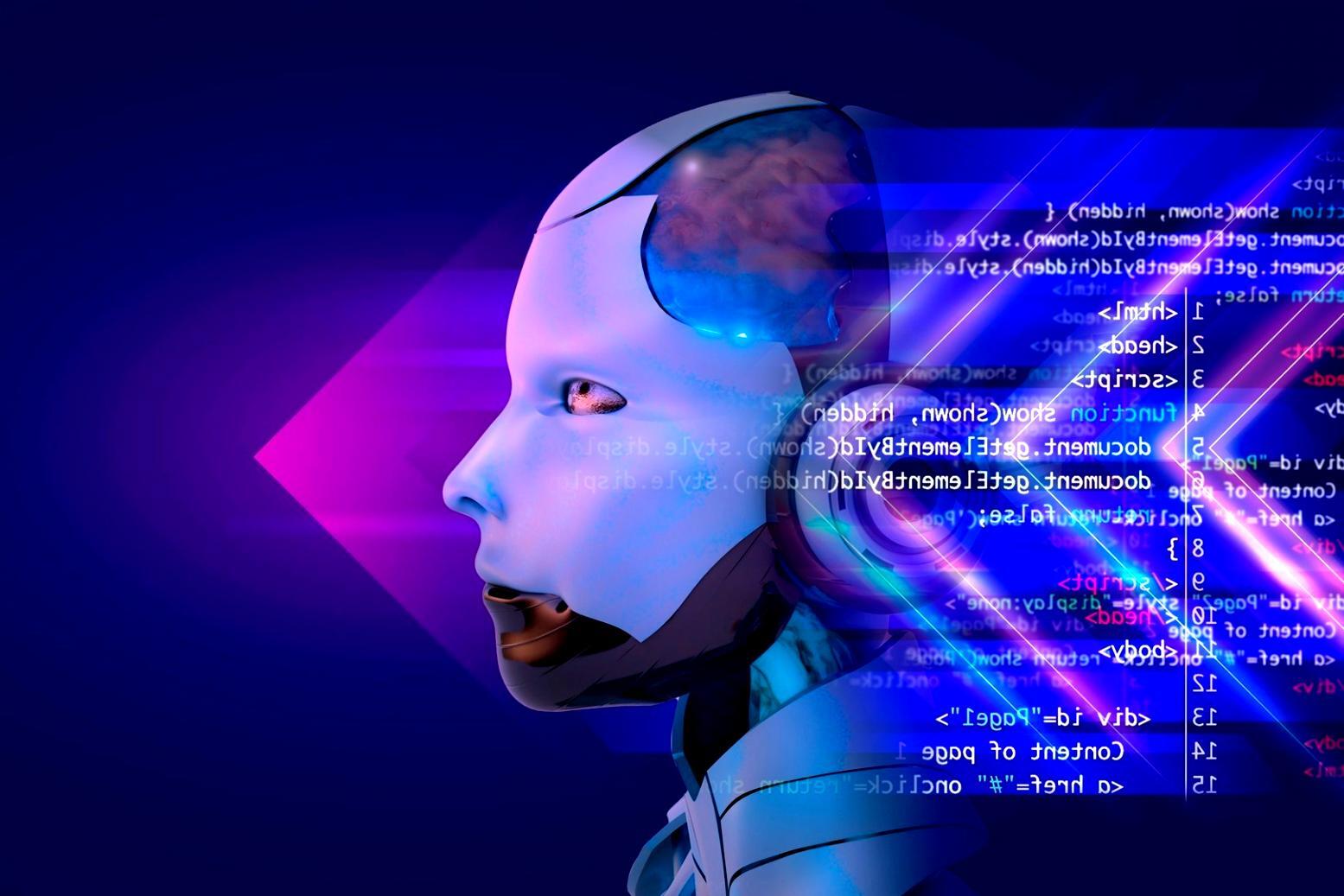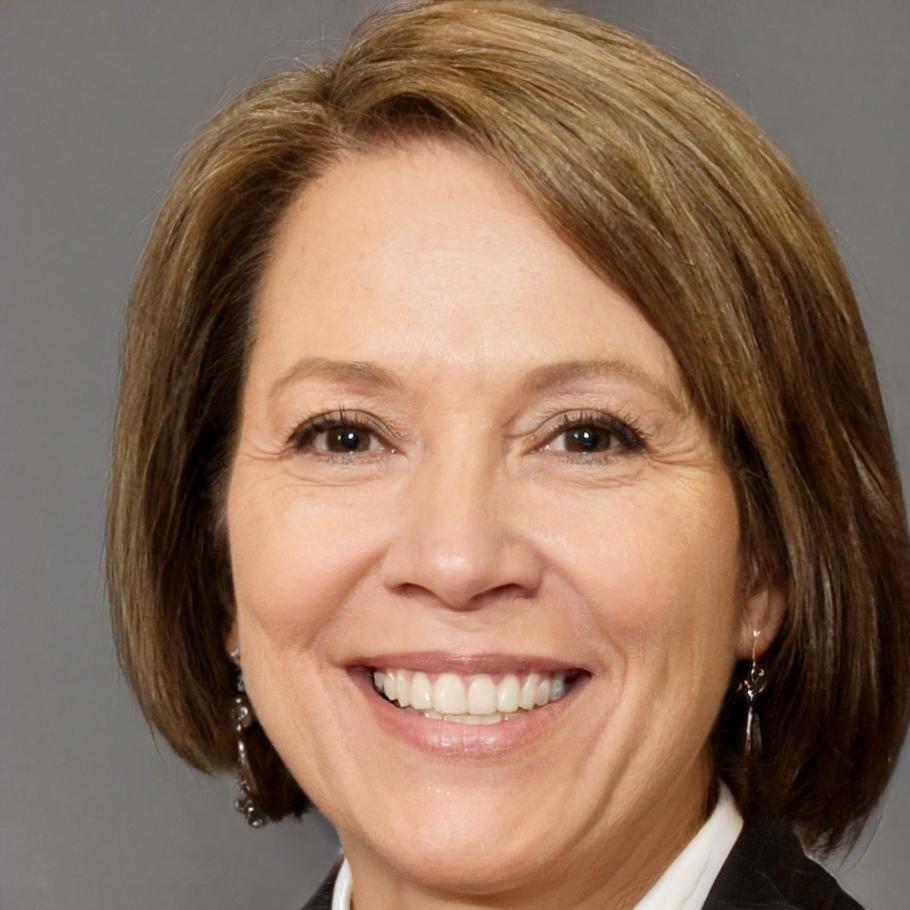Building Real Skills in AR and VR Game Development
Learning advanced game development isn't about following a fixed path. It's more like navigating through different challenges that each teach you something different. Some days you're wrestling with spatial audio, other days you're figuring out why your haptic feedback feels wrong. What matters is developing the kind of judgment that only comes from working through actual problems.
How Skills Actually Develop Over Time
Based on what we've seen from students who went through our programs between 2023 and early 2025, skill development happens in stages. Not everyone moves through these at the same speed, and that's completely normal.
Foundation Phase
First three months are usually about getting comfortable with the tools and understanding how VR environments actually work. You'll make mistakes here. That's the point. Most students spend longer on optimization than they expect because performance issues aren't obvious until you test on actual hardware.
Problem-Solving Phase
Months four through seven, you start recognizing patterns. Why certain interaction methods cause motion sickness. How different shader approaches affect frame rates. This is where you build intuition about what will work before you code it.
Integration Phase
By month eight and beyond, you're thinking about systems rather than individual features. How physics interactions affect performance budgets. When to use spatial anchors versus world-locked objects. The technical decisions start making more sense in context.
What We Learned From Real Student Projects
Between September 2024 and March 2025, we tracked how students approached their capstone projects. The results were interesting because the most successful projects weren't the most ambitious ones.
- A multiplayer VR escape room that started too complex got simplified to single-player with async elements. Final version performed better and felt more polished. Student learned more about scope management than networking.
- An AR navigation app that initially tried to use computer vision switched to marker-based tracking after two months of unstable results. Sometimes the simpler approach is the smarter one when you're learning.
- A rhythm game in VR that focused heavily on one mechanic instead of multiple game modes. Polish matters more than feature count when you're building a portfolio piece.

What's Changing in AR and VR Development
The field keeps moving. What you need to know in 2025 isn't exactly what you needed in 2023. Here's what we're seeing based on job postings and conversations with studios.
Performance Optimization Gets More Complex
With standalone headsets becoming more common, knowing how to optimize for mobile processors matters more now. Battery life considerations affect design decisions. You can't just rely on powerful PCs anymore.
Mixed Reality Blurs the Lines
Pure VR versus pure AR is becoming less relevant. Passthrough cameras on VR headsets mean you need to think about both. Spatial computing skills transfer across platforms, which is actually helpful for employment prospects.
Multiplayer Infrastructure Expectations
Studios increasingly expect developers to understand networked experiences. Even if you're not building MMOs, basic knowledge of state synchronization and latency compensation has become more standard.
Accessibility Isn't Optional Anymore
Comfort settings, alternative control schemes, and adjustable difficulty are expected features now. Understanding motion sickness mitigation and inclusive design principles matters for professional work.

Practical Advice That Actually Helped
When we asked recent graduates what advice they'd give to people starting out, these themes came up repeatedly. Nothing groundbreaking, but worth considering.
- Test on actual hardware early and often. Emulators don't catch performance issues or comfort problems. Borrow a headset if you need to, but don't develop blind.
- Build smaller projects completely rather than leaving larger ones half-finished. Portfolio pieces need polish. Employers care more about execution than ambition.
- Document your problem-solving process. When you fix something tricky, write down what you tried. Future you will appreciate it, and it helps in interviews.
- Join communities where people share solutions. Discord servers, forums, GitHub discussions. Learning from others' mistakes is faster than making all of them yourself.


